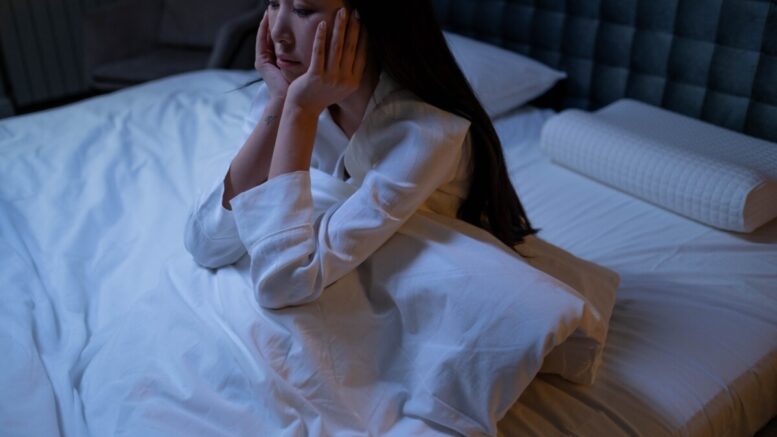Everyone will experience anxiety at some point. It might be when you start a new job and feel butterflies in your tummy, or you could find it difficult to sleep the night before a big presentation. These are signs of anxiety, and they are the body’s natural response to a perceived danger. This fear produces a rush of adrenaline as our brains process whether ‘fight or flight’ is the best option. This is healthy if you are dealing with a man-eating lion, but living with this fear on a day-to-day basis causes anxiety, which is not a pleasurable experience. Here are some tips on living with the condition.
Talk to Someone
Speaking to someone about how you feel can make your issues seem more manageable. It may be that the fear of what could happen rather than an actual event causes your anxiety. This is because your mind considers many worst-case scenarios and worries about them. Sharing these thoughts will help you to put them into context and become less frightening. Speaking to a friend, spouse, or family member can be very therapeutic. However, you could seek professional support if you prefer to. Some of the best health insurance policies will offer you support from a counsellor or psychiatrist.
Learn Your Triggers
Everybody’s experience of the condition is different and what triggers anxiety in one person may not trigger it in another. Learning what triggers your own anxiety and what you can do about it is a very personal journey. Keeping a diary is a good way to get to know what your anxiety issues are. Write in it every day and you will soon spot signs or patterns of behaviour that can help you realise what your triggers are.
Don’t Shy Away from Anxiety
Staying away from things that make you nervous isn’t going to help you because you will still need to live your life, and avoidance of your triggers will only make you feel more anxious about them. Learning ways of managing your anxiety is going to be a more effective way to live with it. Plus, overcoming your challenges will give you the confidence to carry on.
Plan Ahead
Rather than worrying about how the scenario might play out, plan and it will not be so daunting. For example, if you are anxious about attending a large event, prepare in advance. Decide what you are going to wear and make sure it is comfortable and ready to pull on for the occasion. Make sure there are no buttons missing, it has been pressed and it is hanging in your wardrobe.

Plan how you are going to get there. Arrange a lift or call the taxi company in advance so that you aren’t worried about transport. Think about who you are going to go with, so you won’t have to worry about being alone. Visualise having a great time and think about the things that could go well rather than what could go wrong once you get there. If you plan it out in your mind positively, it won’t be as daunting.
Breathing
When you feel anxious, you tend to breathe from the top of your lungs. This allows too much oxygen into your body and gives you the feeling that you are choking or drowning. This experience can cause you to panic and make your anxiety worse. It becomes a vicious cycle. If you feel unable to breathe because of your anxiety, take a few deep breaths and slow down. This will help your breathing return to normal which in turn will help to decrease your anxiety.
Exercise
Regular exercise increases the endorphins in your body and decreases your anxiety levels. Your body will need to breathe deeply to keep going and it will do this naturally. You will also find it easier to focus on the task at hand which will help to shut out your anxiety. Regular exercise can be likened to turning down the volume switch on your anxiety levels. It is so good for the body and mind that some of the best private health insurance providers offer a discount to people who like to work out.
Complementary Therapy
If you don’t want to take prescription medication, or you feel you need something in addition to this, complementary therapy is an area worth investigating. These are not readily available on the NHS and don’t come cheap. However, if you have private health insurance, you may be covered. You can keep the cost down by comparing health insurance quotes with a company such as Switch Health as many of their providers offer complementary therapies as part of their package. Complementary therapy can include things such as acupuncture or cognitive behavioural therapy. One size does not fit all so you may need to try more than one of these to find the one that works best for you.
Conclusion
Although there is no cure for anxiety, you can learn to manage it and live with it. Follow these tips to make life easier and don’t be too hard on yourself.
